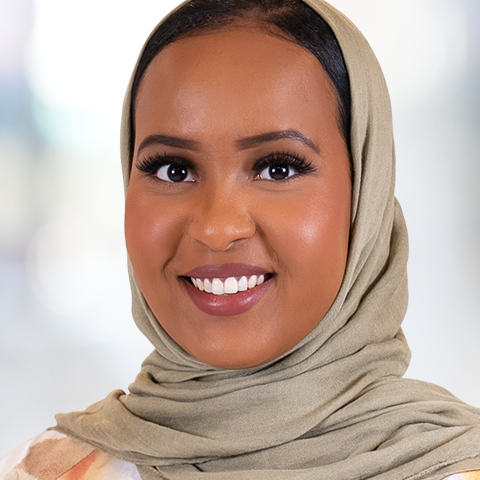Health professionals are combating vaccine hesitancy in Minnesota's Somali community
As Autism Awareness Month kicks off, Minnesota health professionals are tackling an important issue: vaccine hesitancy. Specifically, concerns that the MMR vaccine, which protects against measles, mumps and rubella, causes autism.
Minnesota saw its first measles case this year. The state health department says the adult had recently traveled domestically and internationally and was not infectious while in the state. Officials are still investigating where this person acquired measles.
According to the Centers for Disease Control and Prevention, measles is considered one of the most contagious of all diseases. The virus can cause brain damage and death.
Now, health professionals are coming together holding spaces for community conversation especially in the Somali community, where for years there have been false, unfounded fears that the MMR vaccine could cause autism. Despite numerous studies showing no connection, differing opinions persist.
"All of us think MMR, if you give it to the kids, they straight up don't talk," said Sadia Muhidin, a concerned parent.
Health professionals like Family Medicine Nurse Practitioner Munira Maalimisaq are stepping up their efforts to provide facts after reports that the U.S. Department of Health and Human Services asked the CDC to study whether vaccines cause autism.
"I have patients saying, you told me it was studied, you told me it was safe, why is the CDC studying it again?" she said.
Last year, the Minnesota Department of Health reported more than 70 cases in the state. State officials say unvaccinated children in the Somali community were particularly hard hit. After the measles outbreak of 2024, Maalimisaq says she will continue hosting community meetings so families can make informed decisions.
For more information on MMR vaccine, click here.





